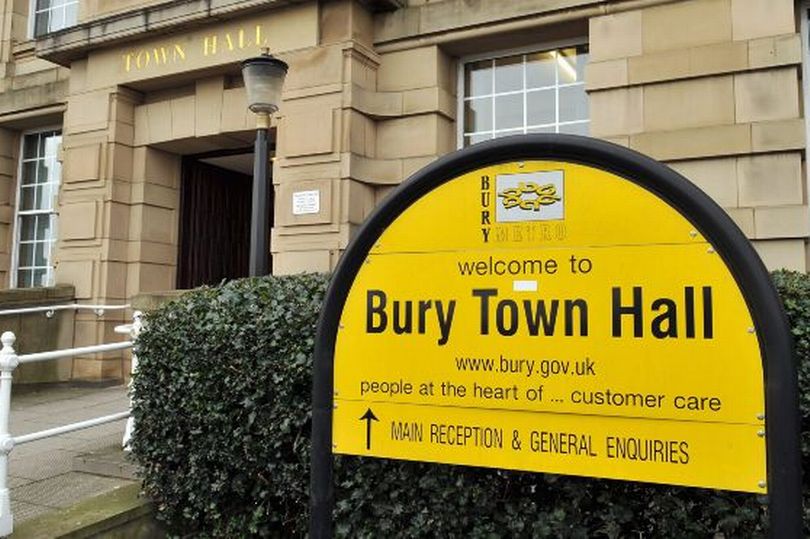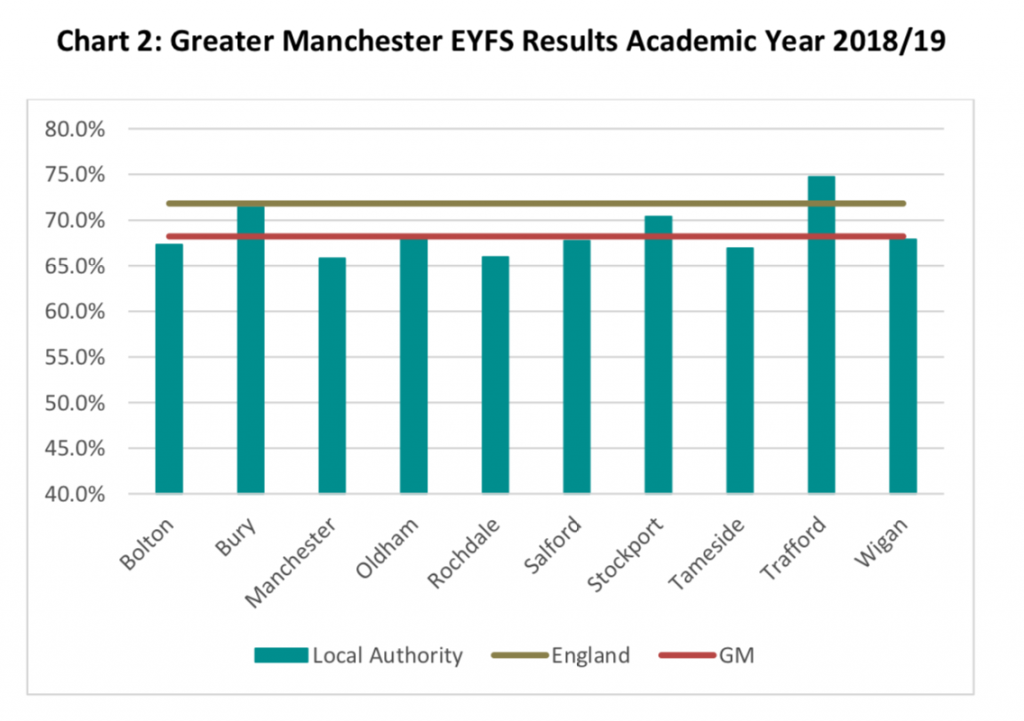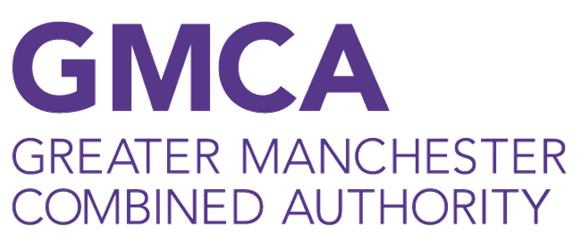Last night was the regular meeting of Bury’s Strategic Commissioning Board, this is the relatively new body which brings together the Coucnil and NHS Bury to make joint decisions about health and care services. Opposition Group Leaders can attend but not vote. Councillor Tim Pickstone reports:
Public Health Priorities in Bury:
The Director of Public Health gave a report on the public health prioritis in Bury, based on the health needs of local people. These are identified as:
• A good start in life
• Adverse Childhood Experiences & Mental Wellbeing
• Primary and secondary prevention of Long-Term Conditions (including MSK)
• Comprehensive behaviour change strategy which emphasises making healthy options the default options.
• Income & wealth equality
• Supportive relationships & social connections & community empowerment
• Decent Affordable Housing
• Ensuring all residents benefit from clean & green environments
This report set out the rationale for each of these priorities and summarises what ‘good’ would look like, the current position in Bury and provides a series of recommendations designed to help move us further, faster.

Urgent Care Review
The Board agreed to go ahead with public consultation on a review of Urgent Care services in Bury. This review and consulation focuses on all the services that are available to people who need urgent health care – GPs, Walk-In Centres, and services at hospitals like A&E and Urgent Care Centres.
People will recall that there was a similar review a few years ago which resulted in proposals to close Bury’s two Walk-In centres. This doesn’t mean that this will be the proposalst this time, though it is important to note that this is ‘phase 1’ of the review, focussing on Fairfield hosptial, and that there will be a phase two, focussing on North Manchester General Hosptial, later in the year.
The consultation will test the following principles with members of the public:
• Making it easier to book a same day appointment at your GP practic
• Upgrading and enhancing some of our facilities so that they are open longer and have access to diagnostic tests you might need such as X rays and blood tests.
• Making the service offer streamlined, simplified and standardised with consistent opening hours, a Bury wide triage system and a number of options to refer you to once you have been assessed either in the Community or at FGH
• Making it easier to speak to a local clinician in Bury if you have rung 111
• Making sure you get the right advice and are booked into somewhere to be seen to reduce the time you would have to wait if you had just walked in somewhere
We will circulate details of the consultation when it happens.
Intermediate Care Review
A review is also taking place of Intermediate Care services in Bury. Typically these are services where people are cared for when leaving hospital.
Bury currently has a number of intermediate care sevices, this includes:
– Bealey Intermediate Care Unit (Radcliffe)
– Killelea Intermediate Care Unit (Bury)
– Discharge to Assess Beds
– Reablement
– Intermediate Care at Home Rapid Response Service
In summary the proposals are to reduce the number of physical beds availablee from 74 to 49, but making more efficient use of them to deliver 658 admissions per year and a average length of stay of 26 days – AND to increase capacity of reablement to 70 and delivering 983 admissions per year whilst delivering an average length of stay of 26 days.
Review of Learning Difficulty Respite Servies
A review is currently taking place of the above service, which particularly focusses on the future of the Cambeck Close service in Whitefield.
The papers for the meeting are here. Any questions please ask.







